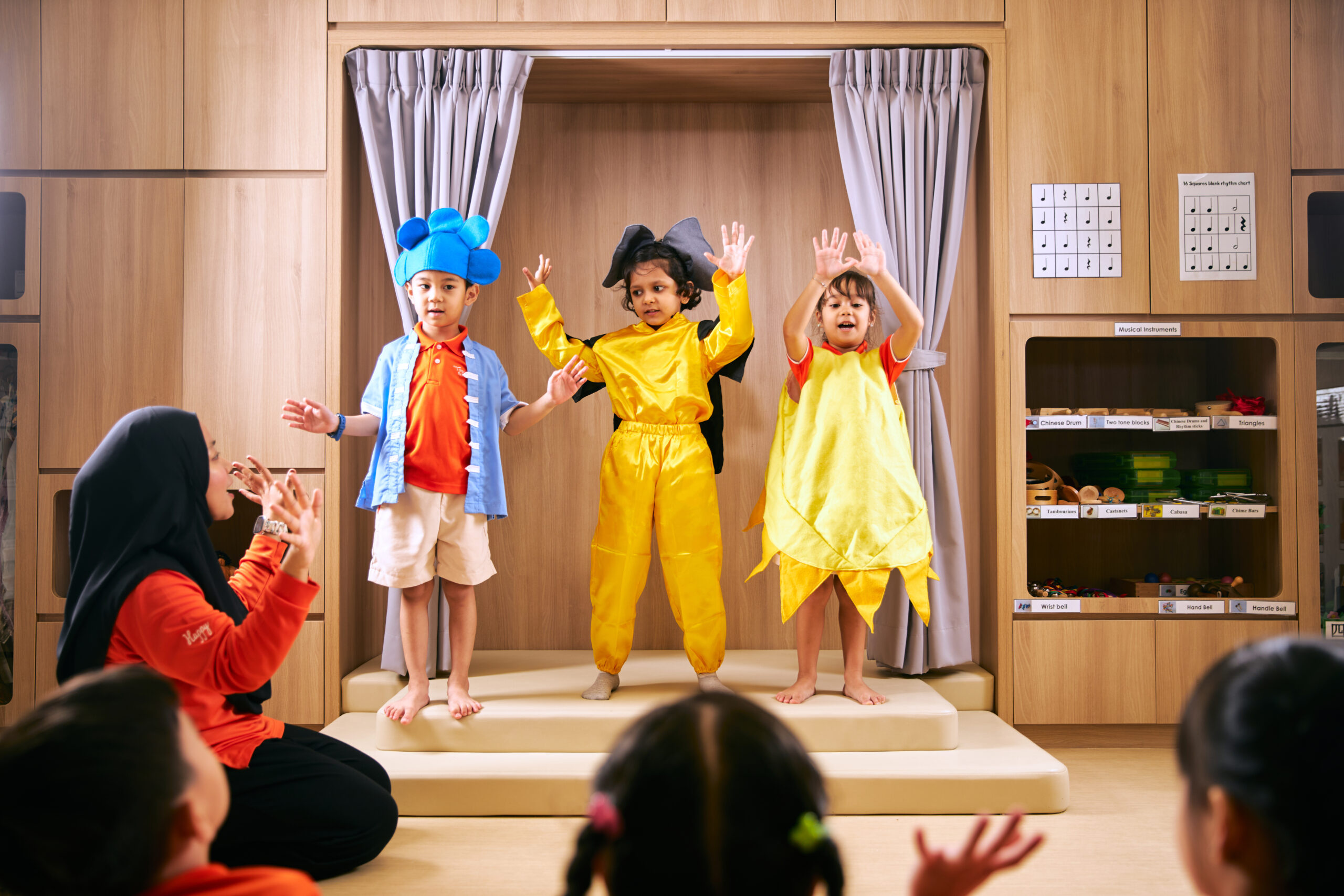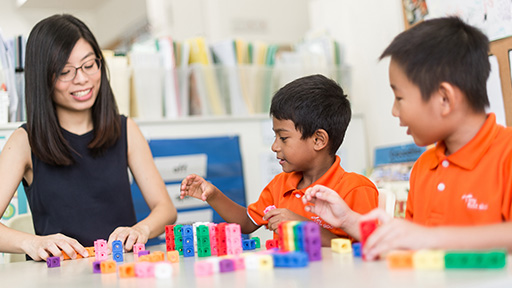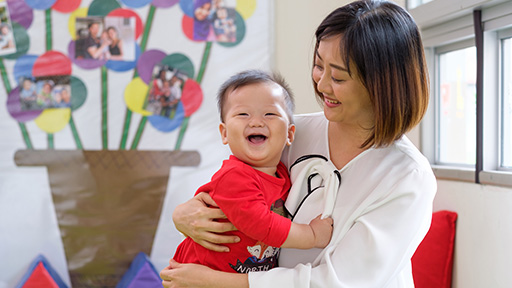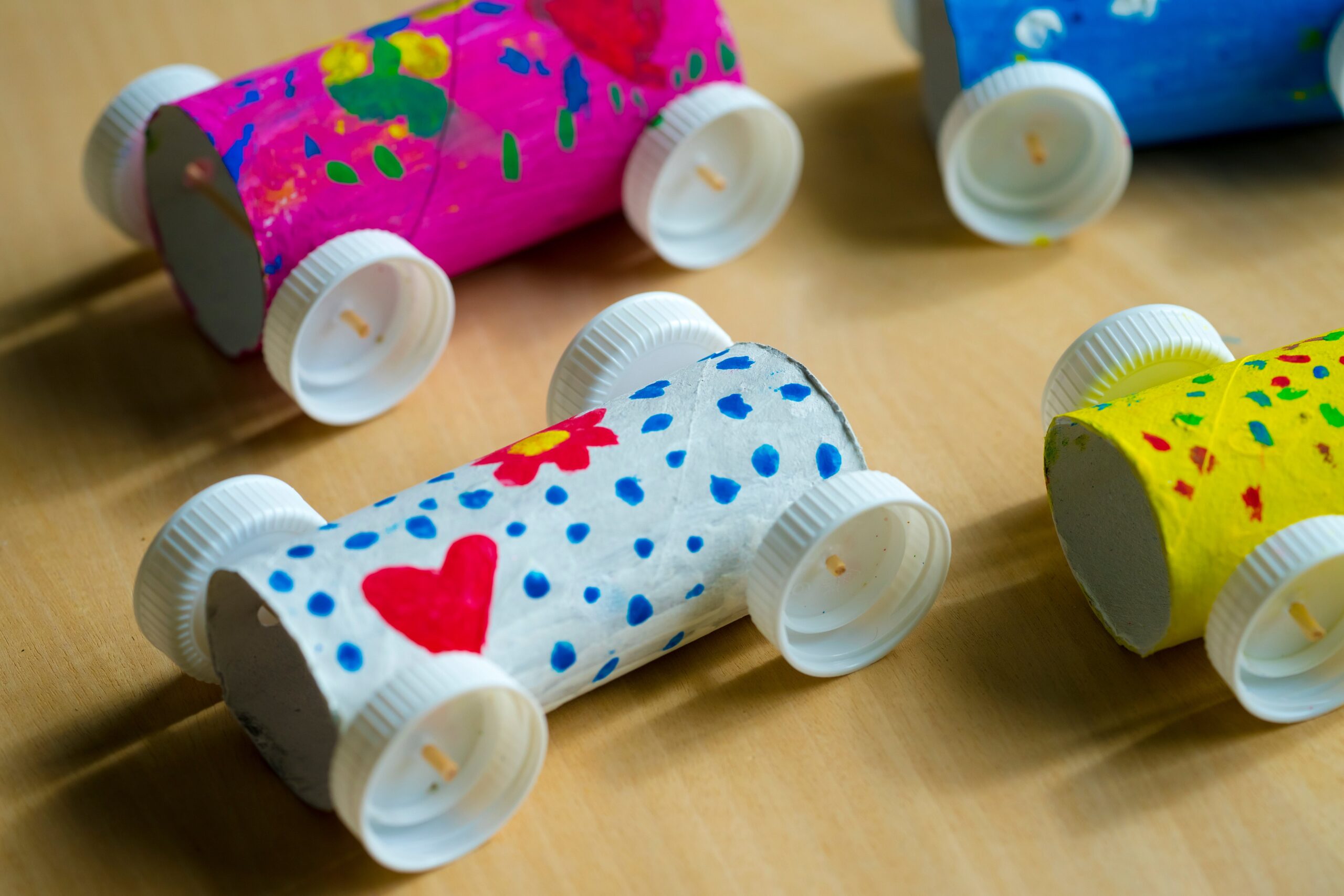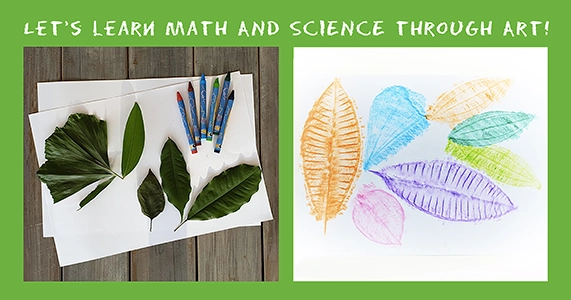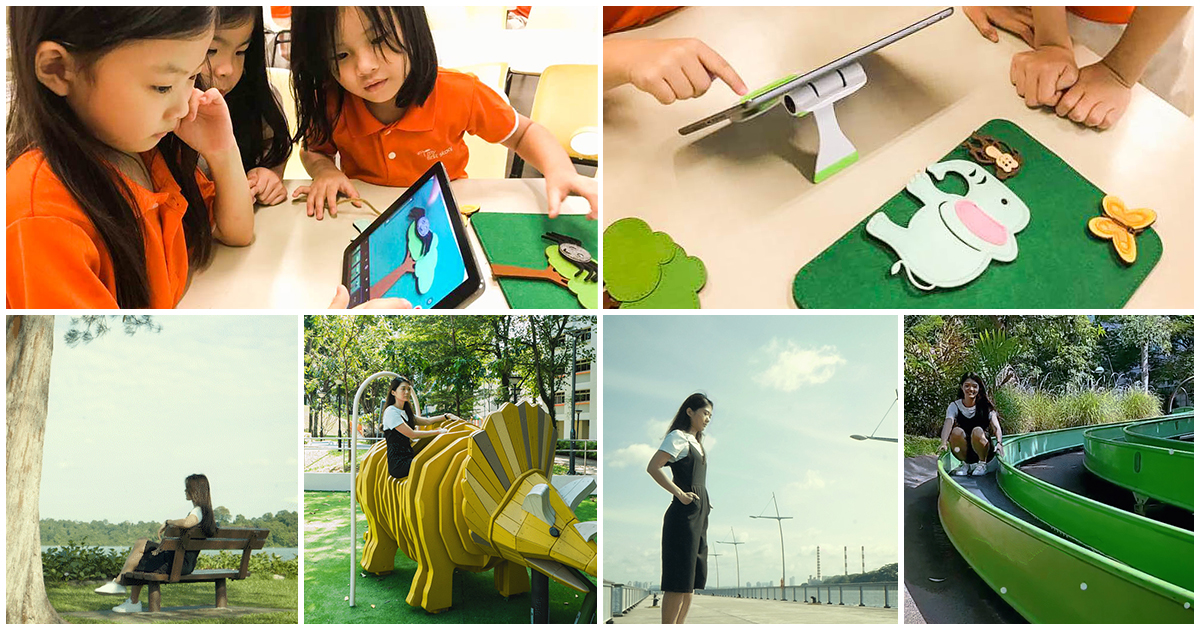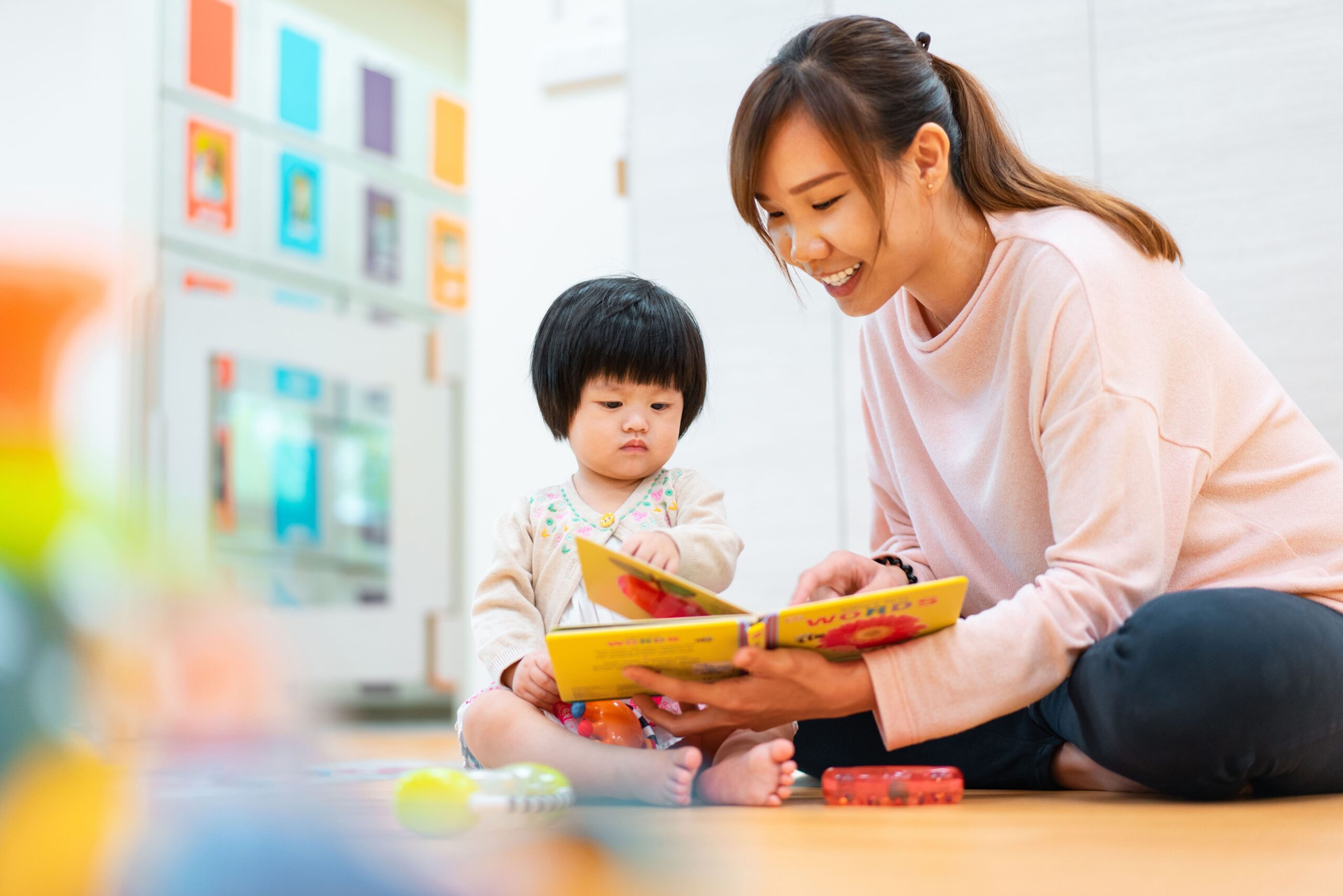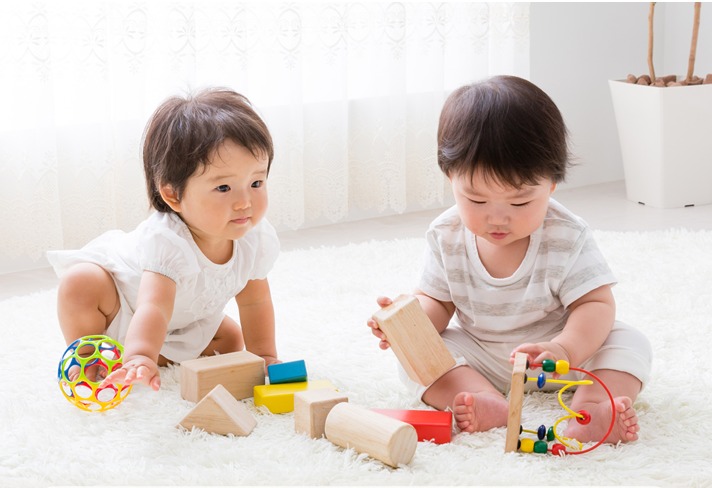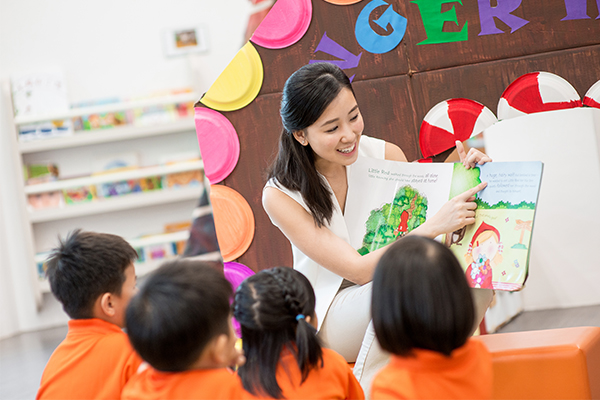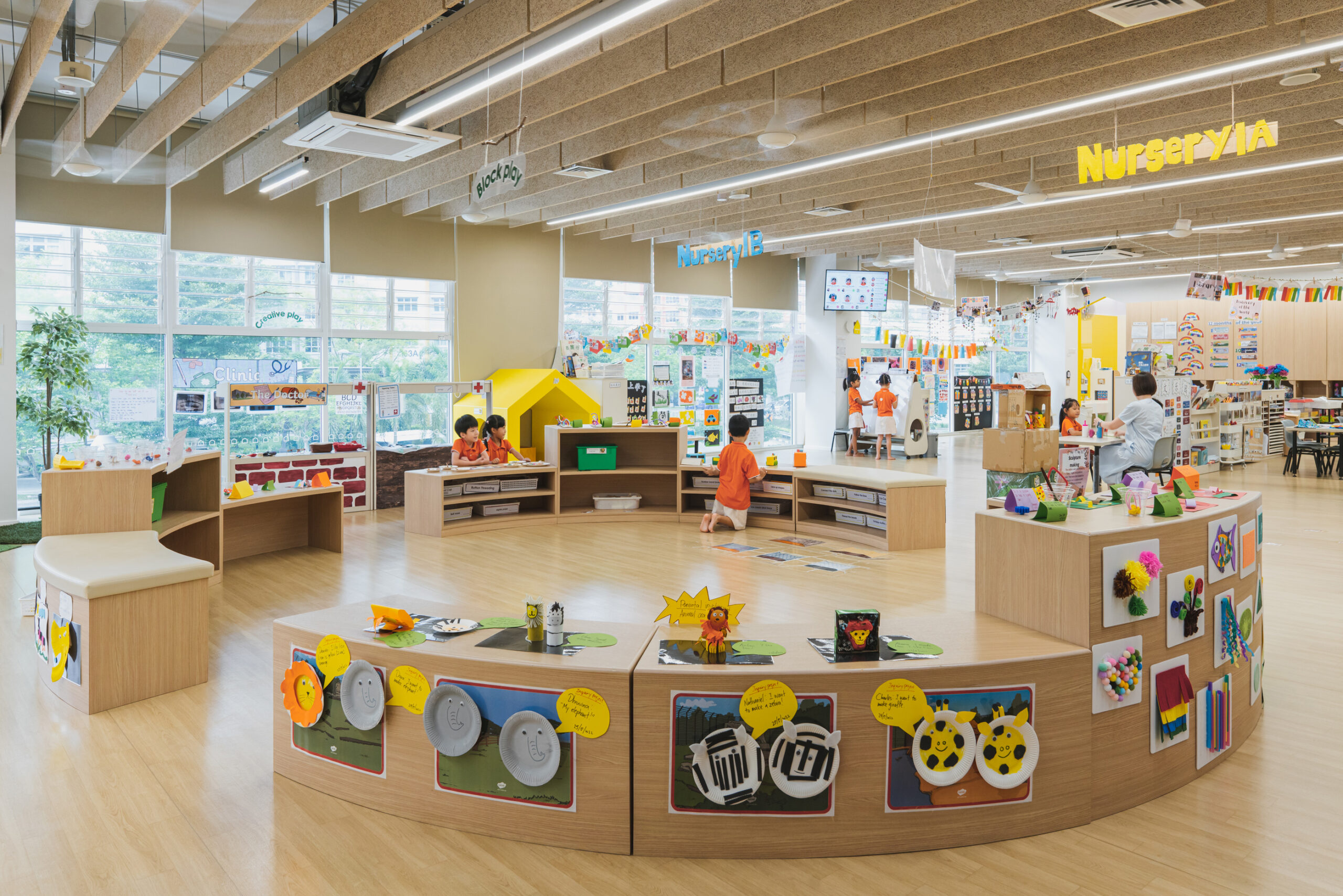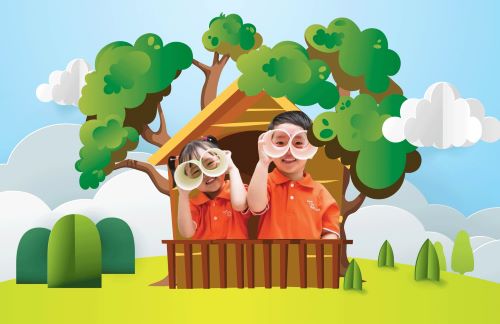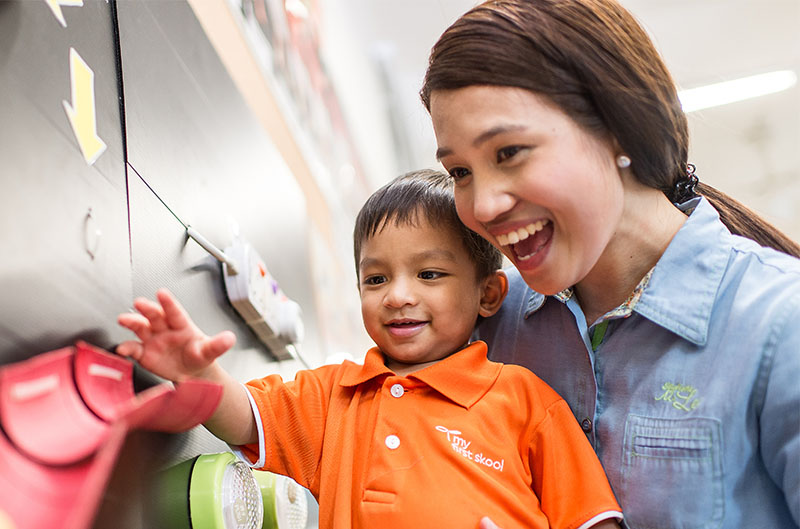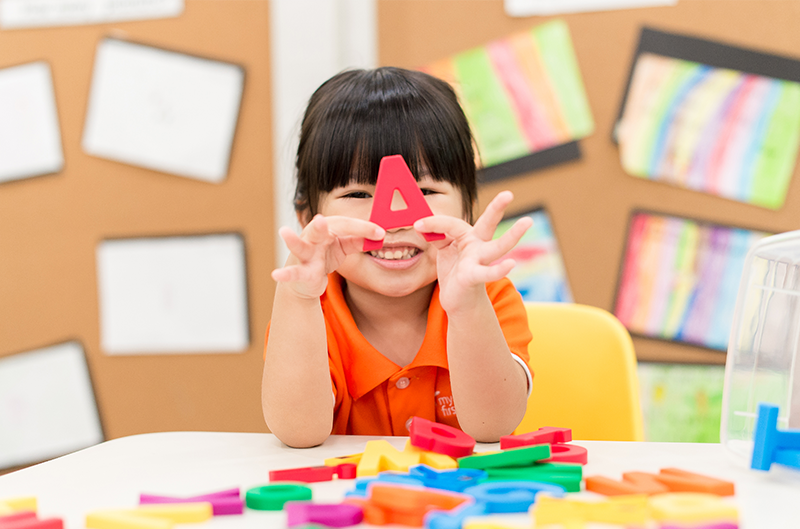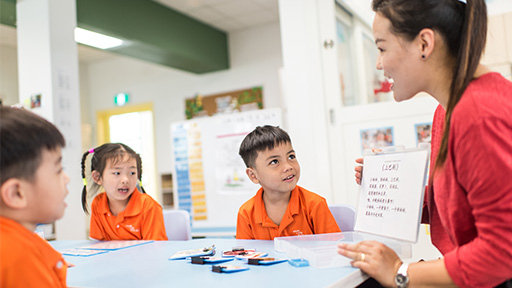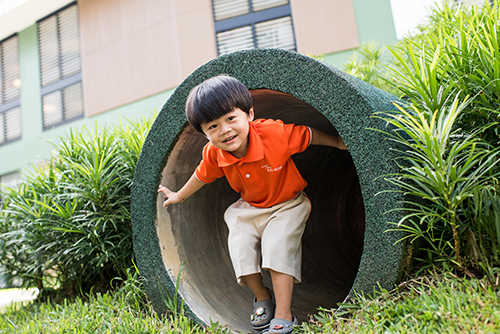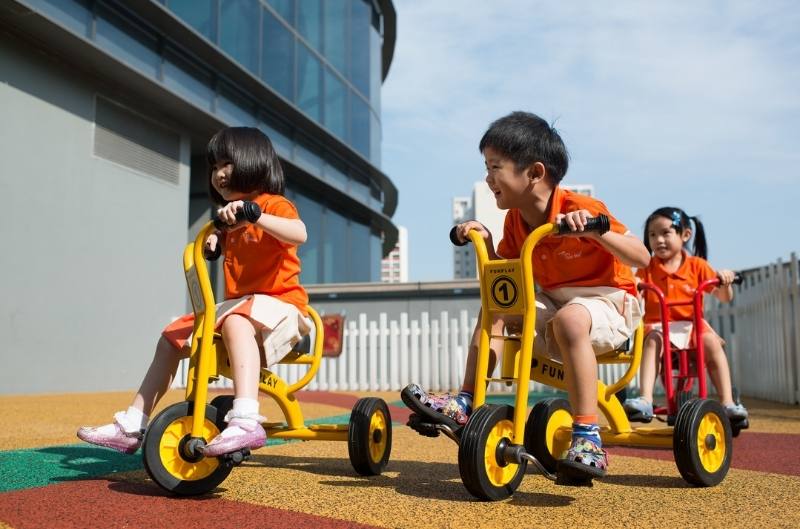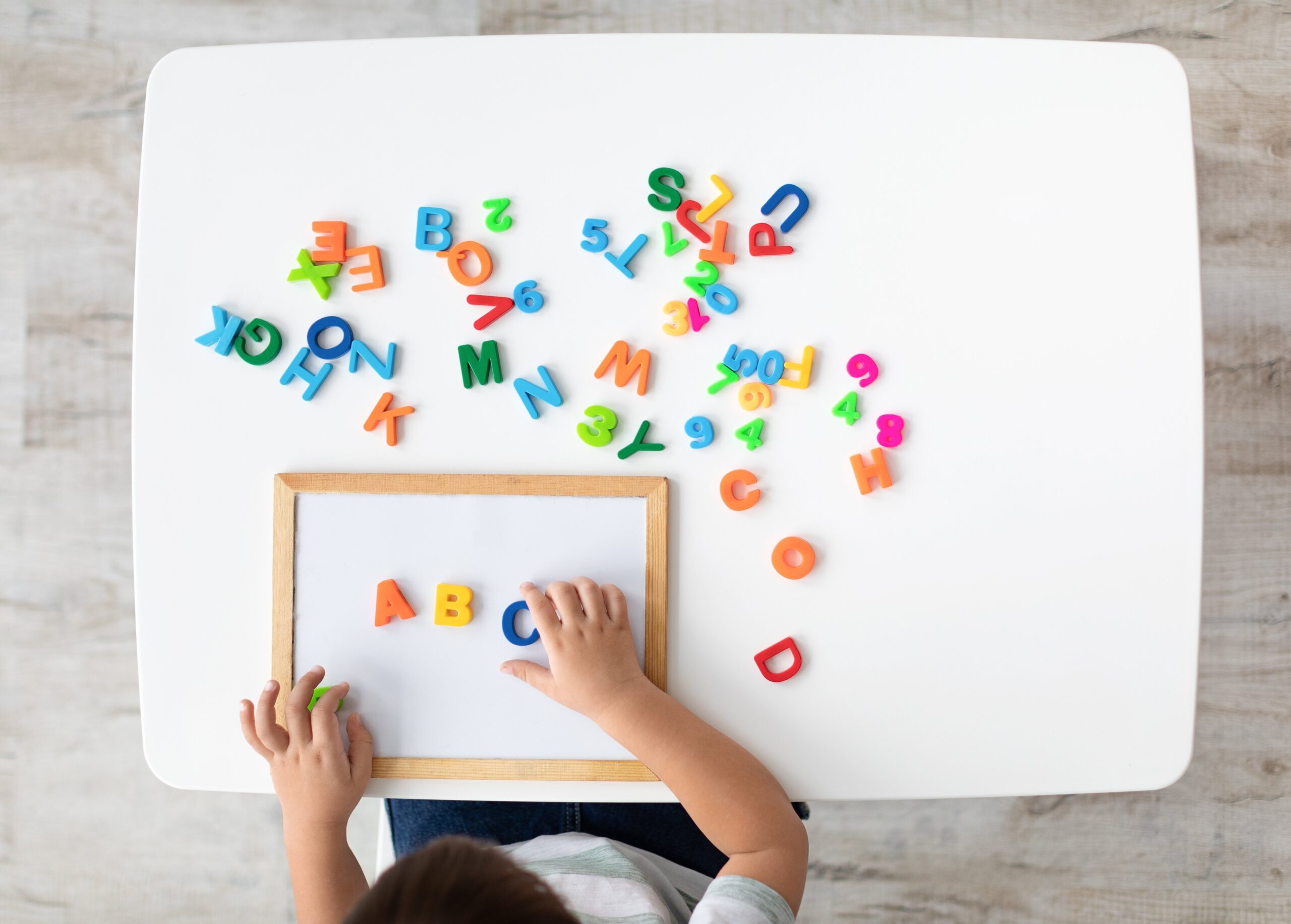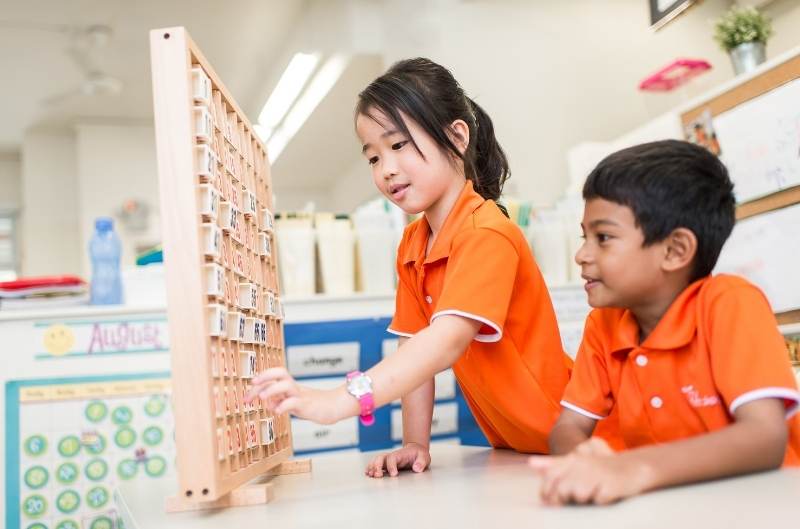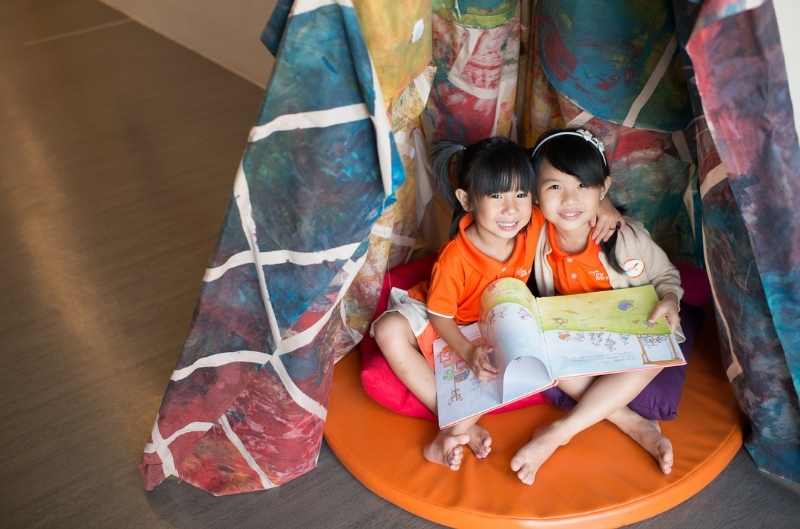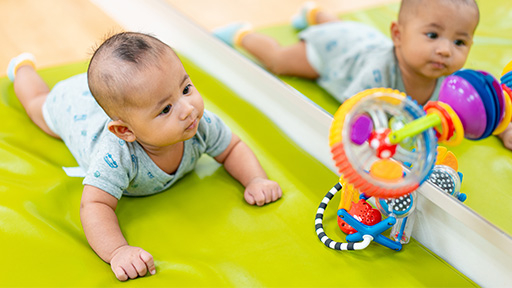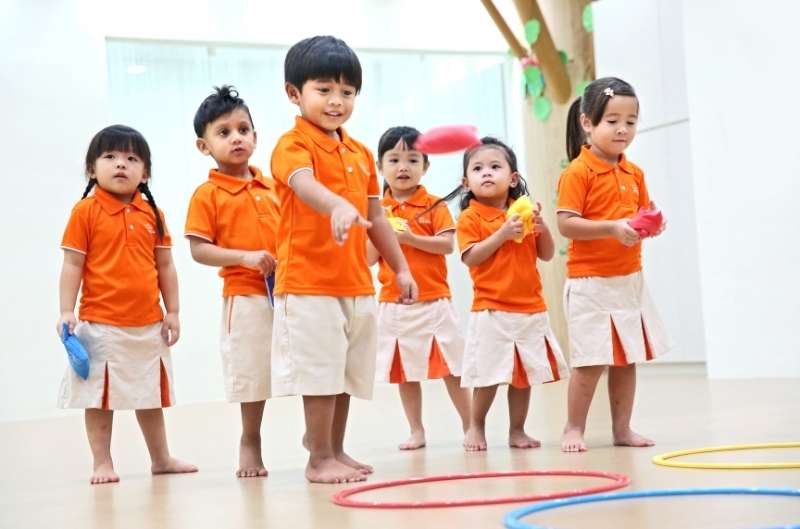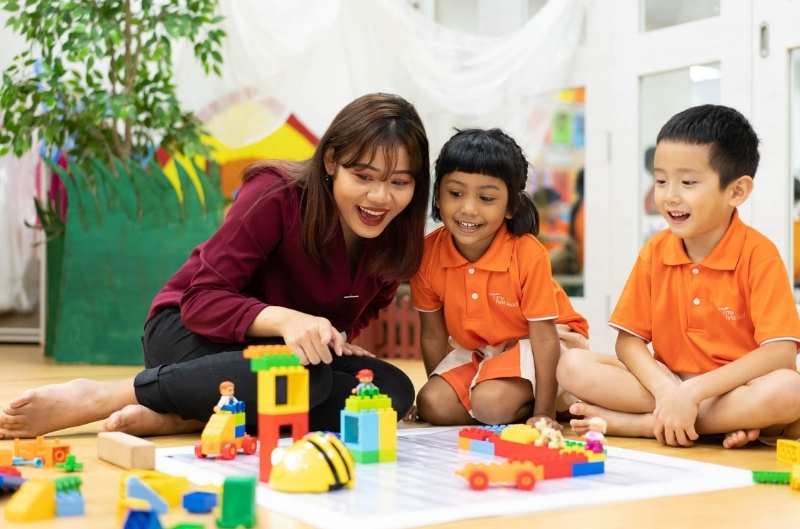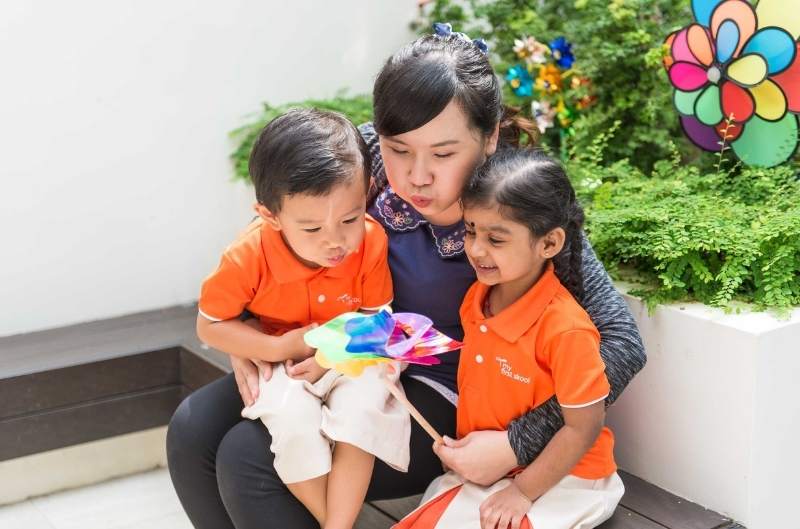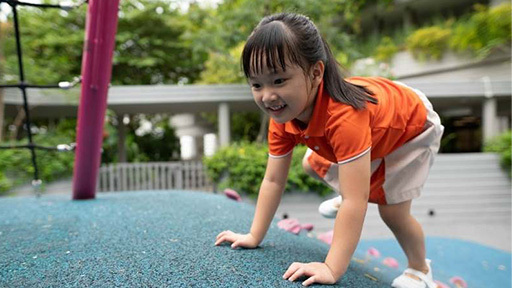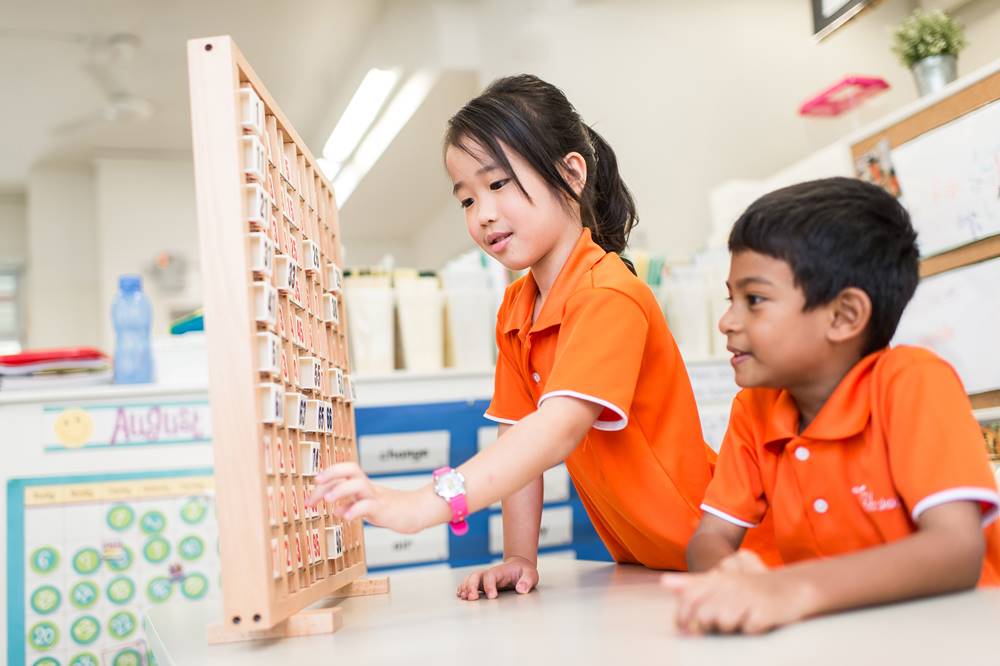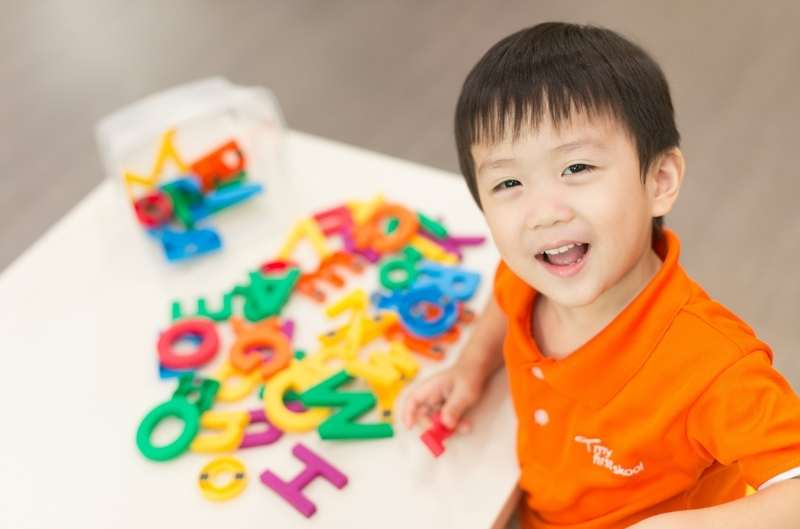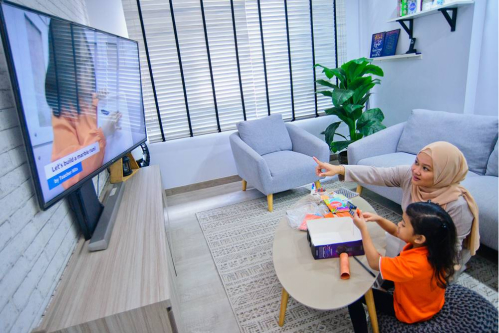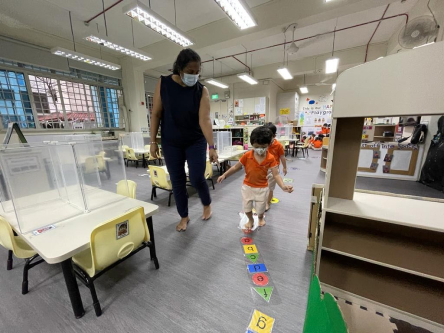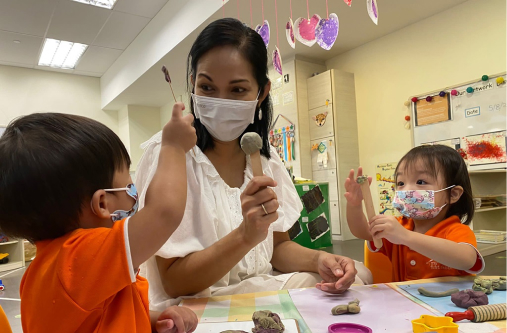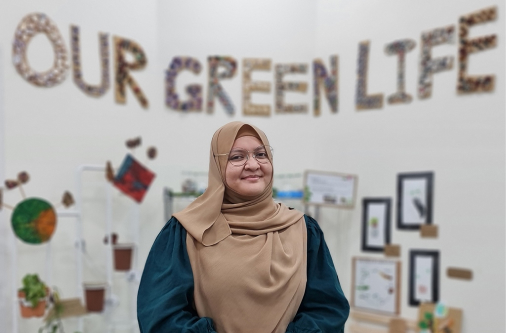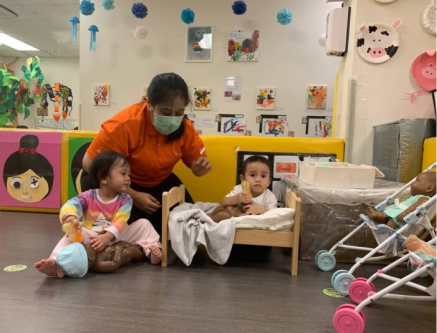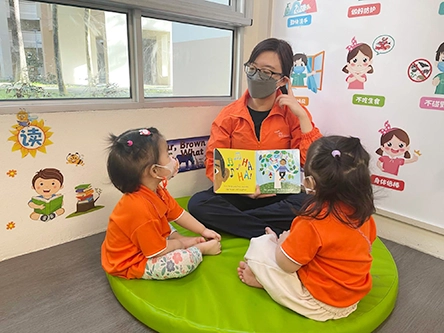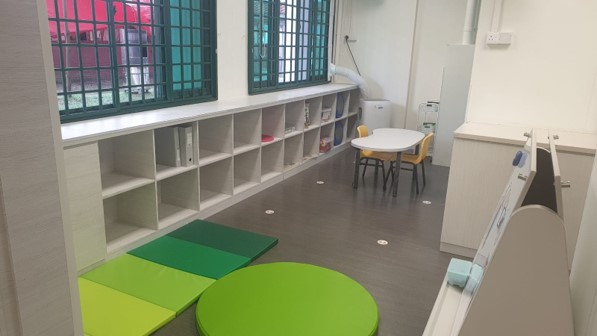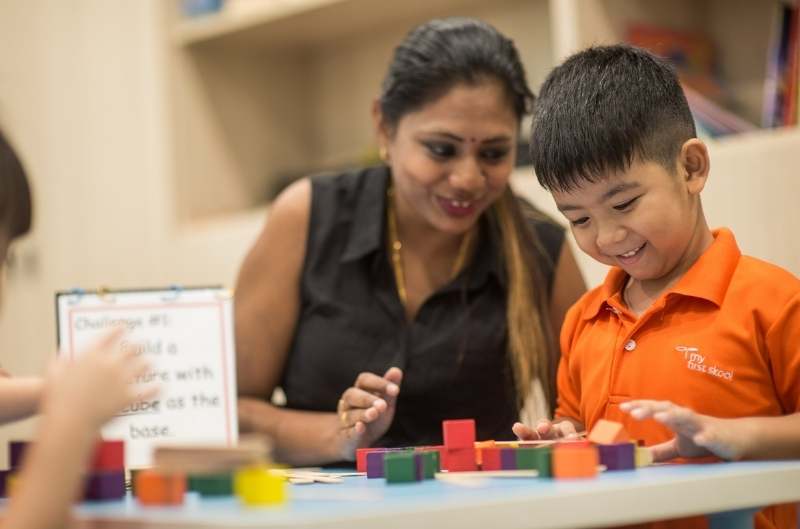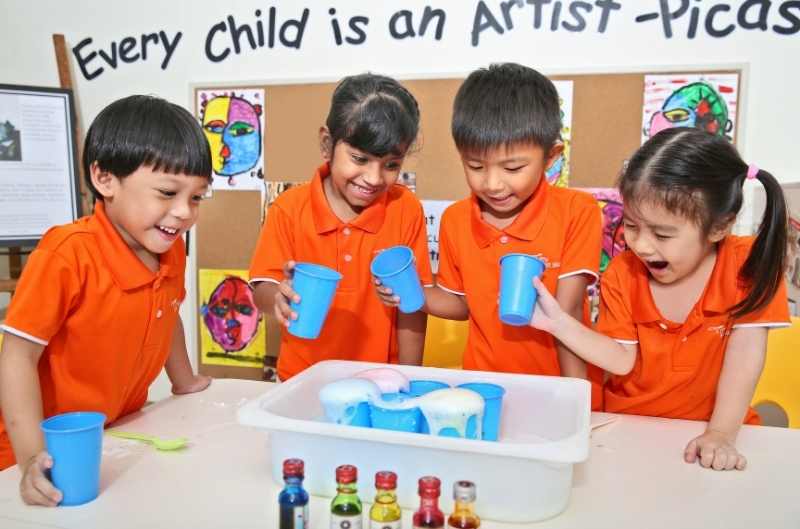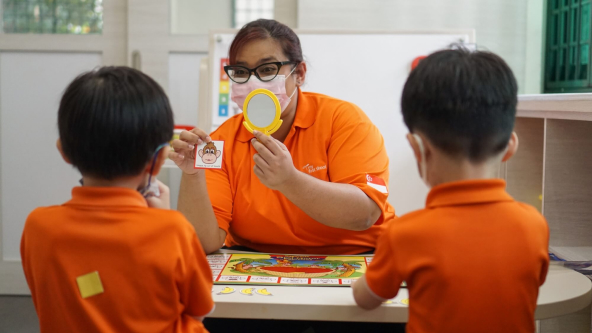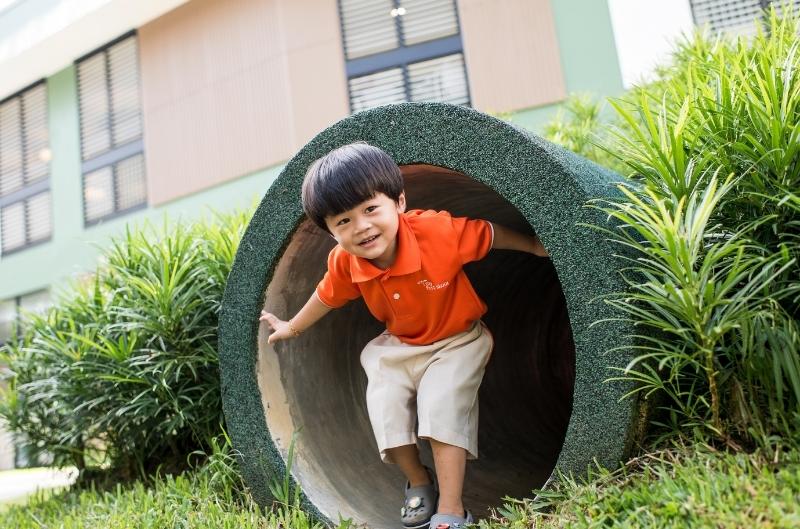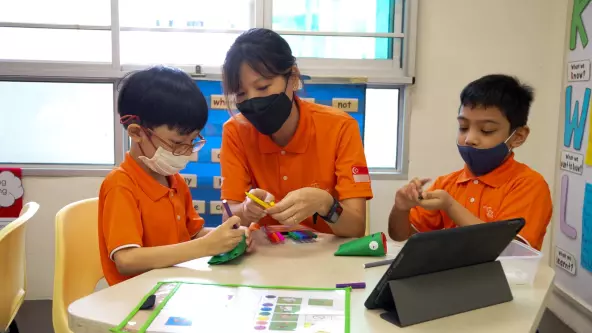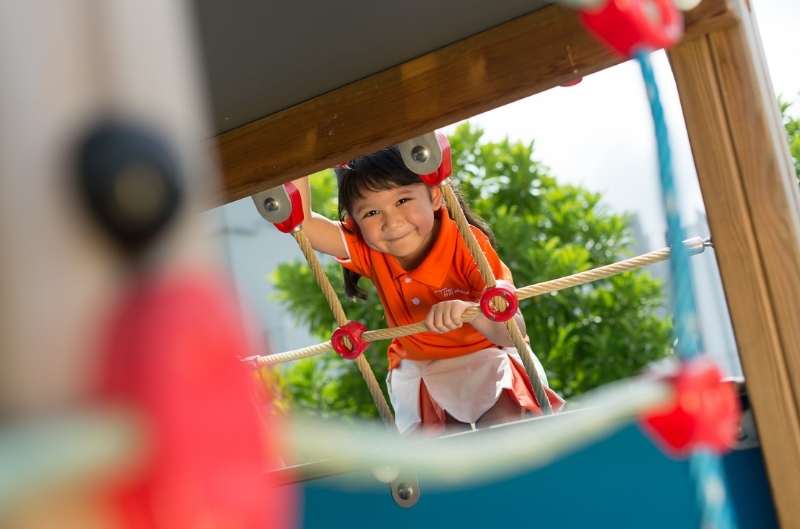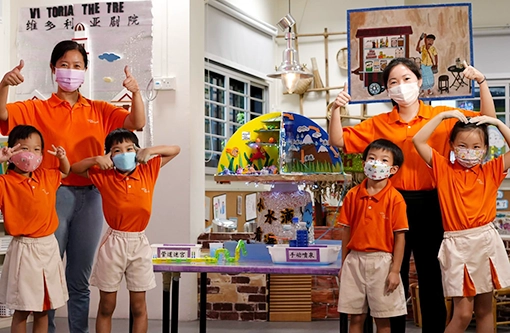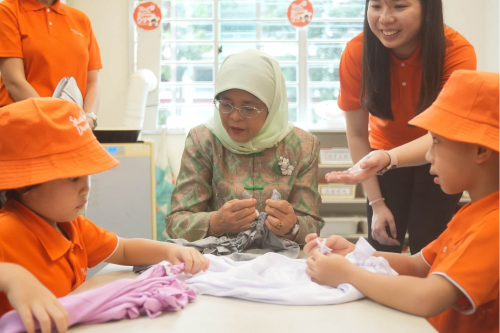How can we help?
3 Fun & Easy Activities To Encourage a Positive Attitude In Your Child
Activities
Things To Do
A positive mindset is important to nurture because it is one of, if not the most, crucial coping skills that encourage the development of a “can-do attitude”. A positive attitude also teaches individuals how to navigate their emotions and even cope with disappointment. As parents play an influential role in their child’s life, it is important for you to guide your child on the road to positivity so that he/she will be well equipped with the skills to handle all the ups and downs in life!
Why Encourage the Development of a Positive Attitude in Children?
Beyond contributing greatly to a child’s emotional well-being, a positive attitude shapes the perspectives children have of themselves. Through this, self-confidence and resilience are strengthened.

Why Start Young?
Just like any habit, it is best to inculcate positive thinking from a young age. This brings a positive outlook into their life and contributes to their self-esteem well into their adult years. With an increase in self-respect, your child will be confident in relying on their own abilities. As a result, a positive mindset comes naturally, making it easier for them to ask for help, take risks, try new things, and be open to learning from their mistakes.
Activities to Foster a Positive Thinking in Pre-schoolers
As a leading pre-school in Singapore, NTUC First Campus’ My First Skool believes that having a positive attitude is a stepping stone towards pre-schoolers becoming adept learners. As a part of our curriculum, we incorporate activities aimed at developing social skills and nurturing happy and confident learners. There are similar activities that parents can carry out with their children to inculcate the habit of positive thinking. Here are 3 easy yet engaging activities to help inculcate a positive attitude in your child!
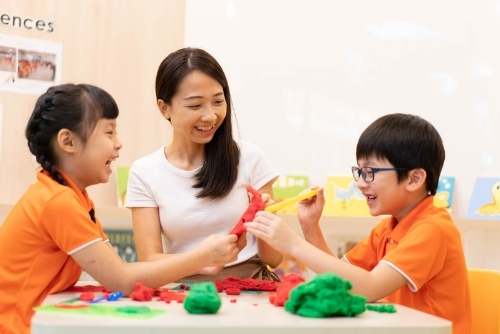
#1 – I SPY My Positive Traits!
Put a spin on the classic children’s game, “I Spy”, and have your child point out specific traits that they think are good and those that aren’t. You can ask questions like, “Who do you think has a good attitude? Why?” This gives room for an open discussion and identification of anomalies in their selection of traits.
You can even take things up a notch and point the question back at them and ask them if they have any positive traits or how they’d handle anything negative. You can try questions such as: “Do you have any positive traits? How do these positive traits make you a happy person?” or “How is being happy important to you, how does being happy help you in tricky situations?”
#2 – My Happy Book
Get your child a journal and have them draw, write or paint what made them happy that day or week. Inspire them to find happiness in the smallest things such as meeting friends at school, having their favourite meal for dinner, or even the sunny day. This will encourage the association of everyday items and things with positivity.
#3 – A Day of “Yes, I Can Do It”
Using the word ‘No’ does not inform children of what they’ve done or said wrong. Research has even shown that the word ‘no’ produces stress chemicals in the brain, wreaking havoc on normal functioning. Saying ‘Yes’, however, creates a safe, risk-tolerant environment that offers a positive space to try new things, experience success, and even learn from failures. Since most individuals are hard-wired to protect themselves from danger, taking the positive route helps children overcome these fears, opening up new opportunities for them. So, why not plan a ‘Yes’ day and turn it into a learning opportunity to instil responsibility, seek solutions, and vocalise concerns.
Giving your child age-appropriate chores and sparking interest in tasks such as re-organising their toys or finishing their meal are great examples. These activities should also be accompanied with praises and affirmations when they are able to complete the task successfully, or when they show effort in completing the task. Developing resilience and an “I can do it” attitude in your child is also possible through exposure to challenges like climbing up steps on their own. If they’ve decided to take on a task that may be a little challenging for them, motivate them to try completing it and remember to acknowledge their “never give up”. While they’re trying their level best, remember to acknowledge their efforts and “never give up” spirit too! Accompany every task with praises and affirmations when your child is able to complete them or at least puts effort into completing them.
Raising Happy ‘I Can Do It’ Children
Cultivating a strong relationship with your child is not something that should only be done by parents. Our teachers are committed and passionate on top of being skilled facilitators in guiding our children’s learning. Here at NTUC First Campus’ My First Skool, our Skool-Educare© curriculum focuses on building positive and trusting relationships between primary caregivers and all their children. Moreover, research has shown that children who have undergone our relationships-based curriculum are more engaged and focused.

At NTUC First Campus’ My First Skool, we raise Happy, ‘I Can Do It’ Children, by helping them develop perseverance and a positive mindset. Find out more about how we nurture resilient children. Register your child and join us as we nurture happy children with a ‘Can Do’ spirit!




